- Greece to develop at least 3.5 GW of energy storage to improve grid adaptability to renewables and net metering
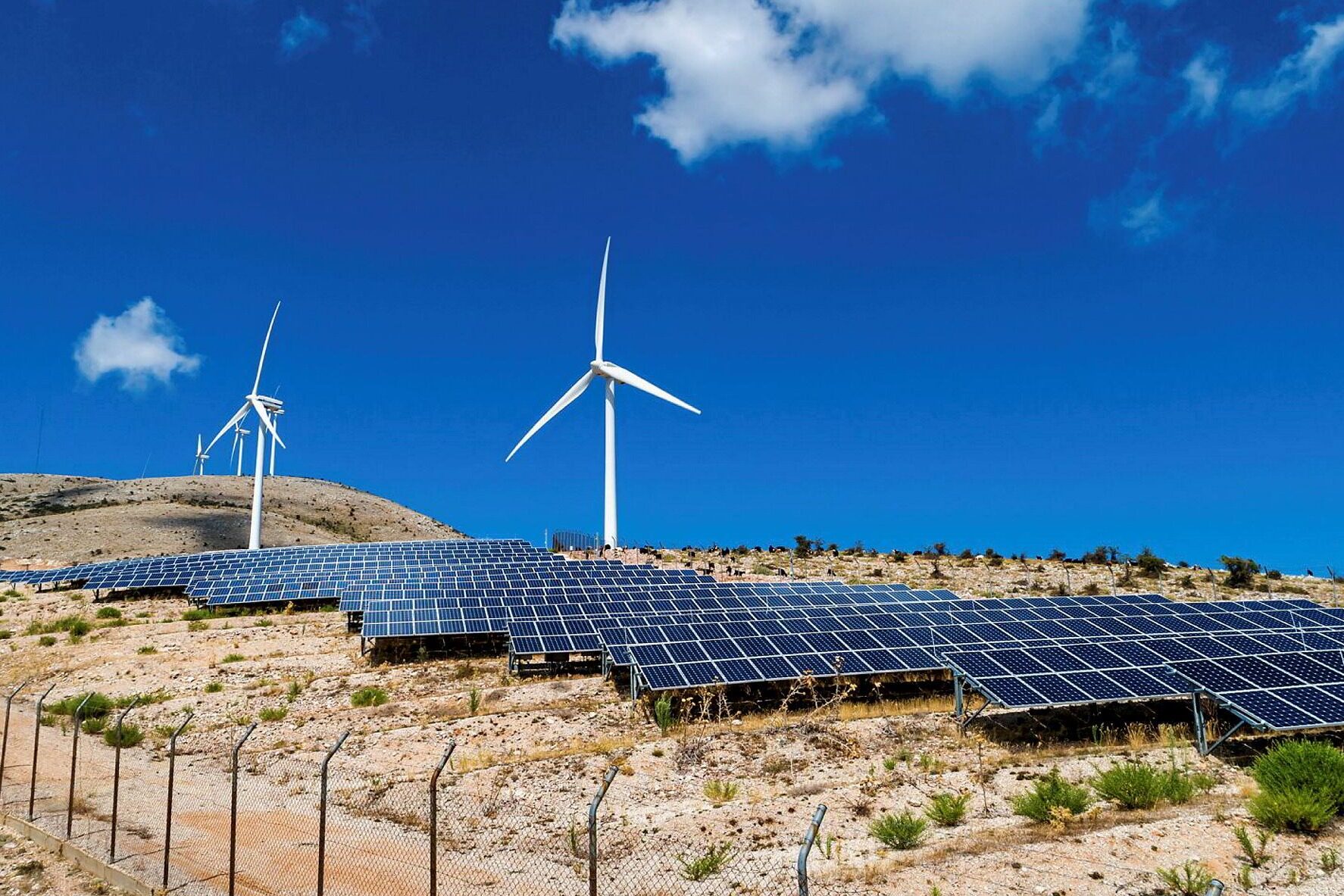
Greece's Ministry of Environment and Energy managed to pass a new law in parliament that covers the licensing of renewable energy and other measures related to the energy crisis. Through the new Renewable Energy Law, the government aims to reduce the average licence period for renewable energy from five years to 14 months.
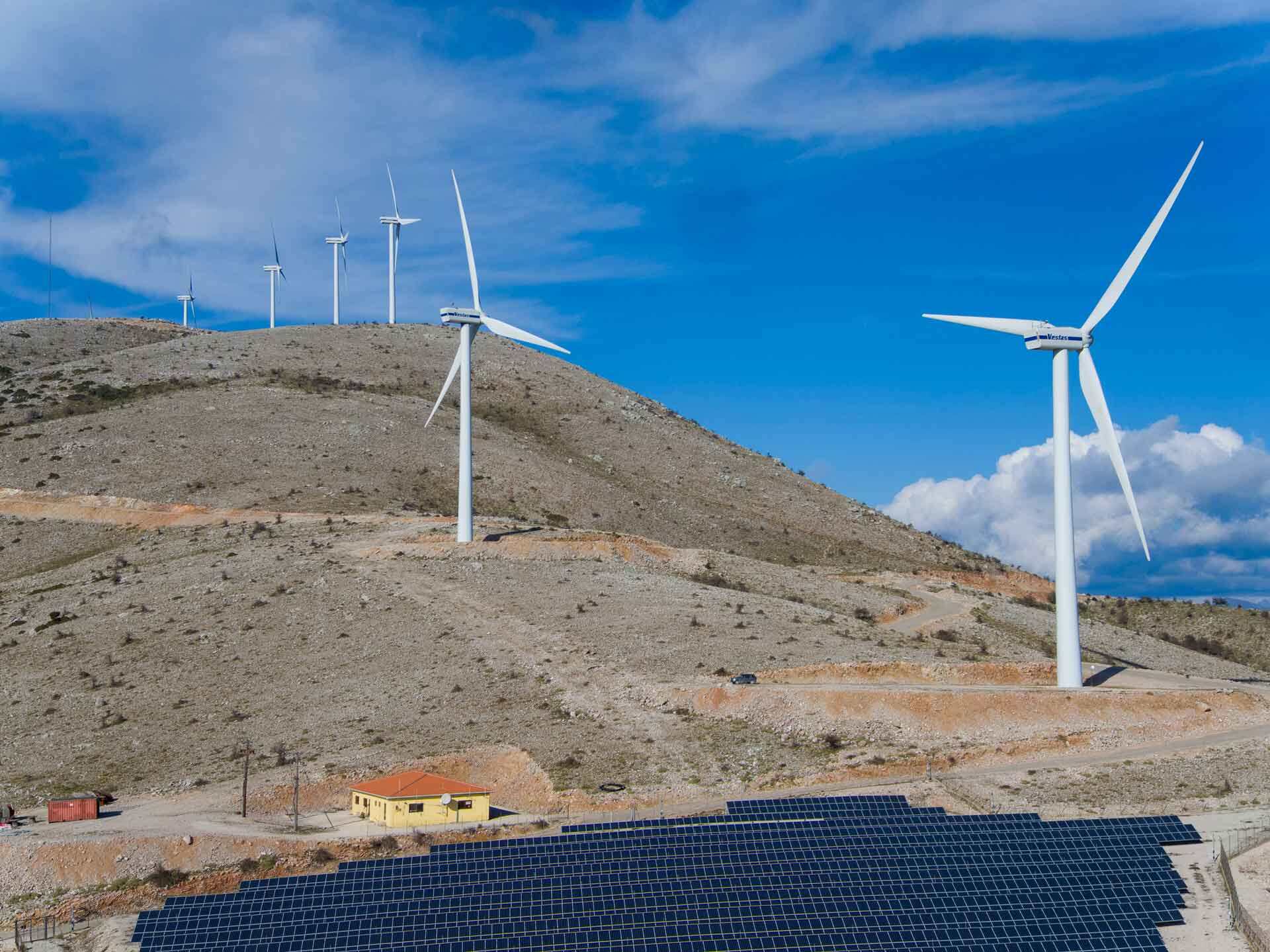
Renewable energy capacity is expected to reach 2 GW in 2022 and make Greece a global leader, Minister Kostas Skrekas said in parliament. According to him, renewable energy is the solution to the energy crisis and high energy costs because they are a cheaper form of electricity production. The country aims to attract 10 billion euros of investment by 2030 to achieve the above goals, which means 15 gigawatts of new projects.
Dramatic acceleration of the renewable energy permitting process
According to the law, the number of licensing stages has been reduced from seven to five, and the procedure for amending a license has also been simplified. Investors are now limited by strict milestones in order to actually realize their projects within 12 months. Meanwhile, a one-stop service centre will be set up at the ministry to oversee the entire licensing process. Renewable energy installations are expected to reach 2 GW in 2022.
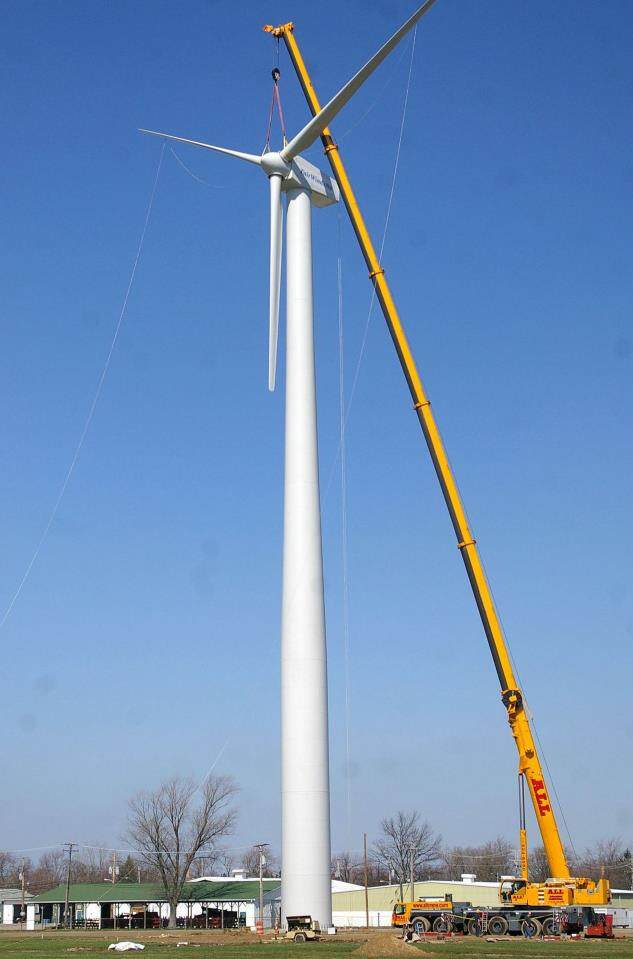
Another intervention involves grid operators, who are now sanctioned if they delay renewable energy permits. In addition, transmission operator IPTO will be able to install energy storage systems under certain conditions. It is important to note that the European framework does not allow grid operators to install them under normal circumstances. The new law allows the IPTO to make these investments if the regulator decrees beforehand or if there is no clear private interest. In the second case, these plants cannot be used to buy and sell electricity on the electricity market.
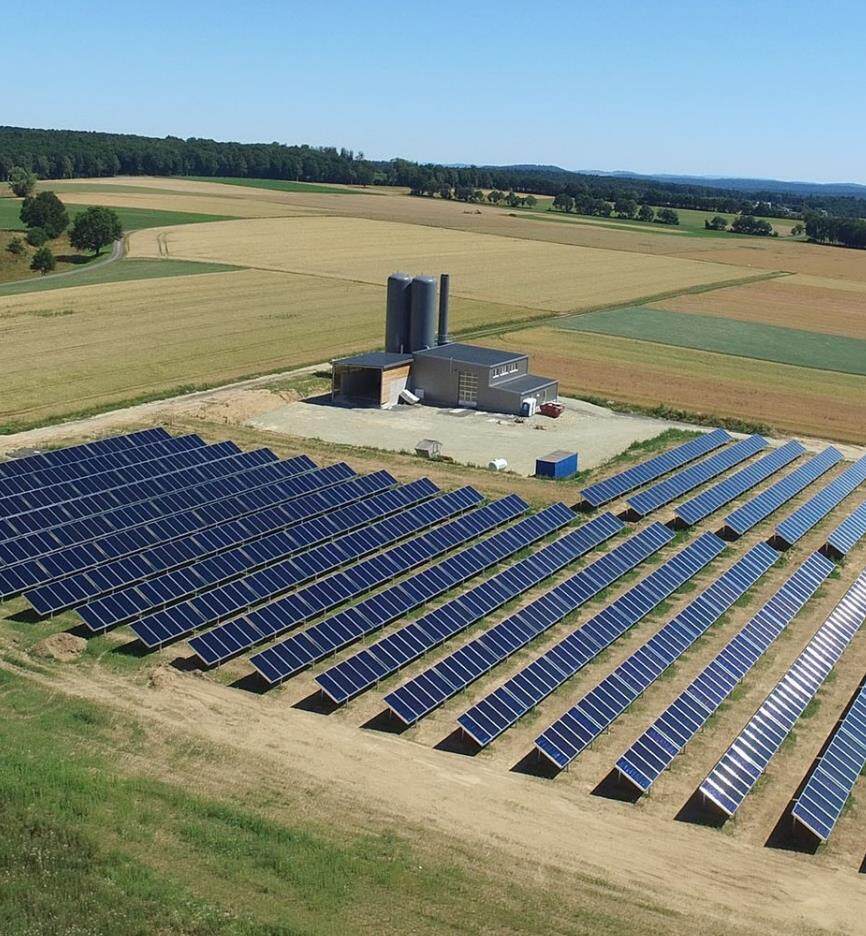
Significant changes have also occurred in the distribution network and its operator HEDNO. From now on, the company will calculate the available power space at its various local substations. It will be available for self-use or net metering plants up to 10kW, as long as the margin is determined. The new profit margin is 30% for households, 30% for farmers, 30% for industry and 10% for independent producers. The ministry believes that the new measures will build 200,000 small photovoltaic systems, which will be converted into 2 gigawatts of renewable electricity capacity. Another interesting change is about levies. From now on, the investor must acquire 80% of the land through a contract with the owner before obtaining the remaining 20% through expropriation.
Floating PV projects are a new category of renewable energy in Greece. The law allows 10 such factories to be built. The law specifies the conditions and framework for pilot projects with a capacity of 0.5-1 MW. A notable addition to the final law is that small PV producers in West Macedonia are exempt from the requirement to submit a letter of guarantee for final connection terms.
New bills for electricity consumers and dramatic changes in wholesale markets
A major change introduced by the law as an amendment is the removal of the so-called "readjustment clause" that has hitherto been included in every consumer's electricity bill. The measure will run for 11 months from August and can be changed by ministerial order.
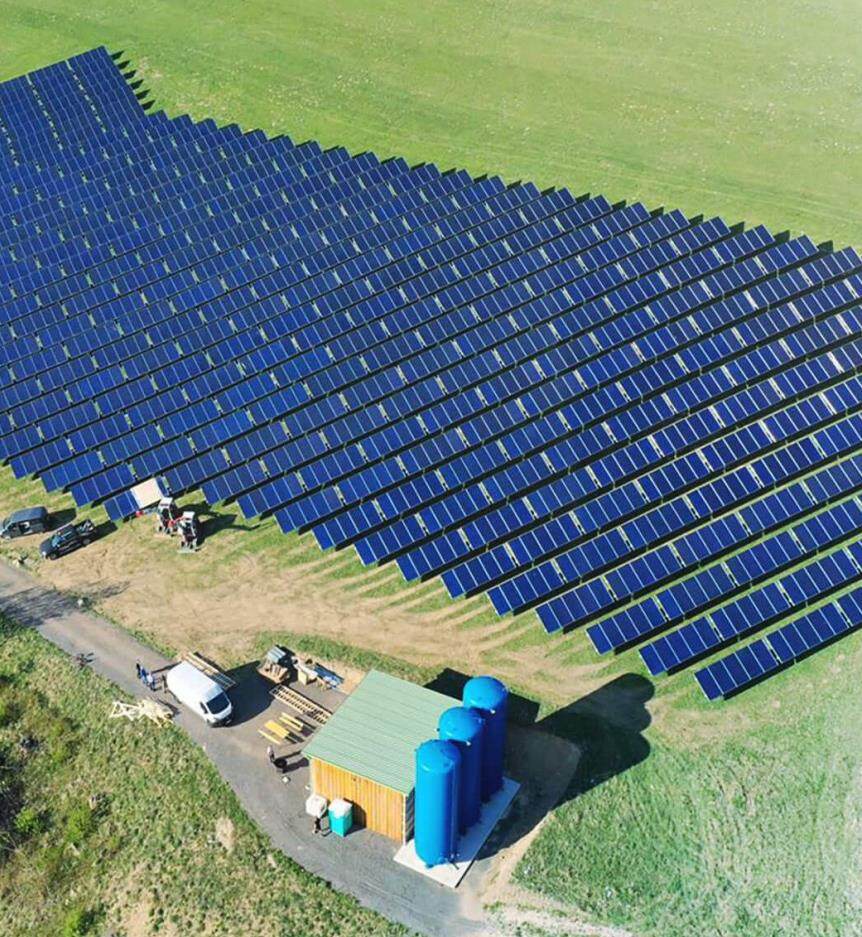
In the future, the form of electricity bills will change to reflect the various expenses incurred in different ways. The same amendments give consumers the right to switch to another electricity provider if electricity prices change, without having to pay a penalty for the previous electricity provider.
Many consumers have criticized the provision over the past year, as they see it as a way for suppliers to pass on higher production costs in a vague and opaque way. From now on, energy bills will have one item describing various charges instead of two. In response to the new law, electricity suppliers will propose new electricity prices starting in July and recalculate them every two months. The change has sparked a flood of complaints from suppliers, who believe it will lead to dramatic turmoil in the retail market.
On the wholesale market side, the government aims to absorb 85% of the rise in the cost of consumer electricity through price caps per megawatt for each technology: €112 for hydropower, €85 for renewables, €253 for natural gas and €206 for lignite plants. The difference between these levels and the "normal" system marginal price, or SMP, is collected and used to subsidize consumers. Through the measure, the Energy Transition Fund, which is used to subsidize consumers, will increase by 1.6 billion euros over the next 12 months, according to Skrekas.
Emergency measures to deal with the worsening energy crisis
In view of the severe energy crisis experienced by Europe and the Balkans, the Greek government has also incorporated relevant measures into law. The series of emergency measures are aimed at aligning the country's policies with the latest EU guidelines, particularly the REPowerEU scheme. Keywords: engineering news, overseas news
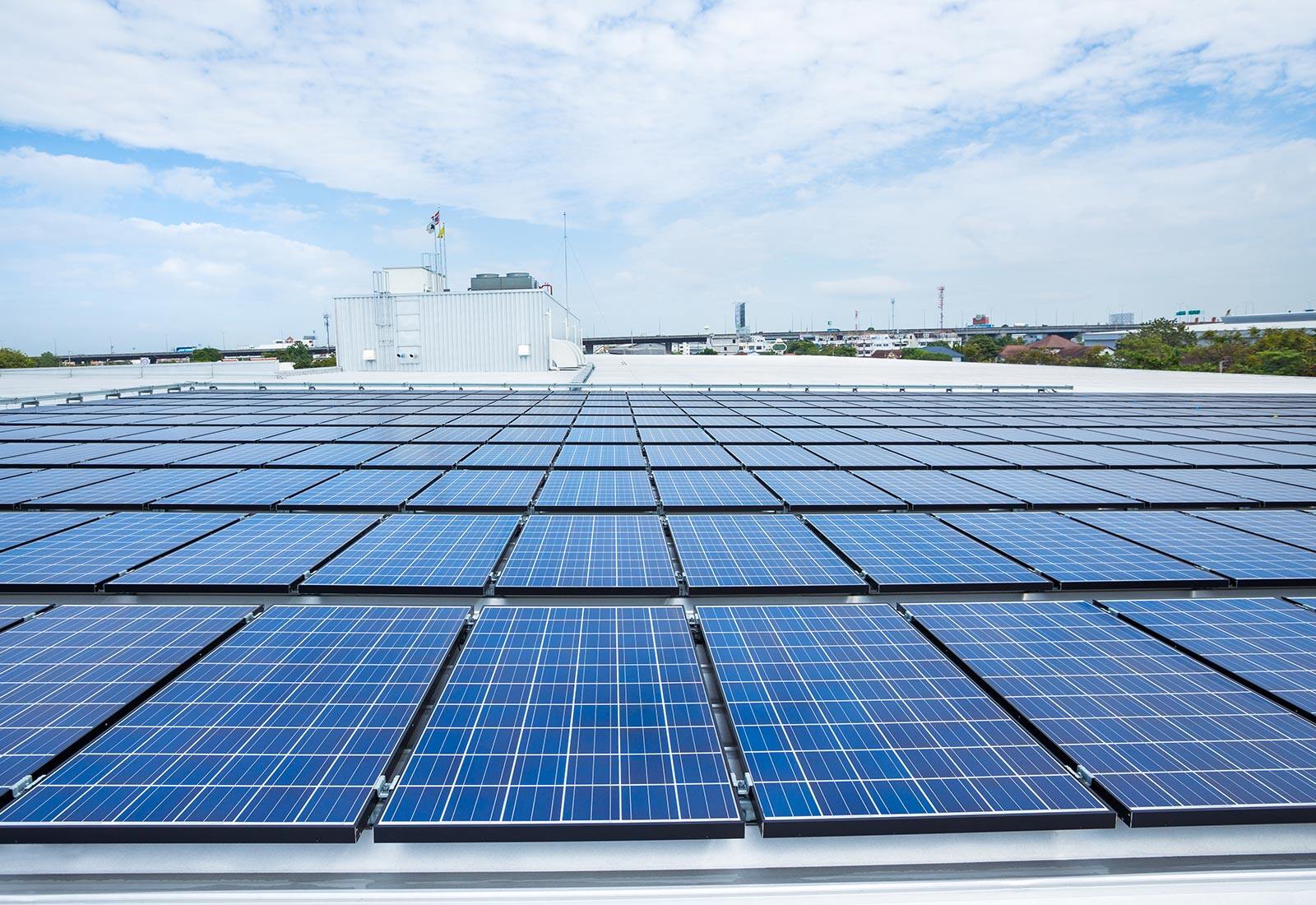
Includes a series of articles on the installation of a floating liquefied natural gas (LNG) unit at the Revythoussa terminal to increase its capacity and reduce unloading time, while being able to accommodate two LNG ships simultaneously. In addition, there is an article that arranges to continue operating thermal power plants in Crete to meet the short-term needs of the island. It also includes compensation to PPC, Greece's main electricity producer and supplier, for the continued operation of diesel power plants on non-interconnected islands.Editor/XingWentao
Comment
 Praise
Praise
 Collect
Collect
 Comment
Comment
 Search
Search


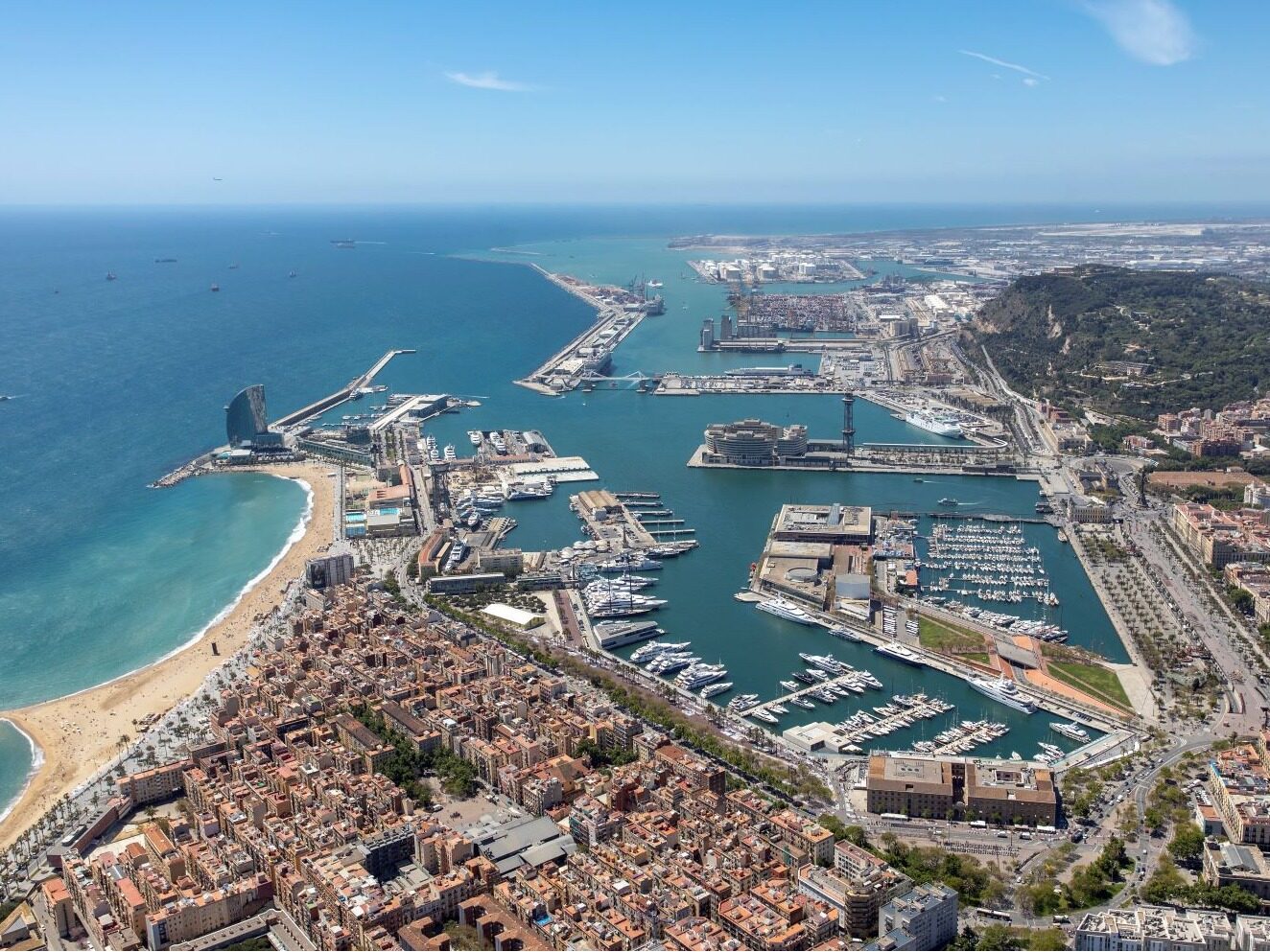
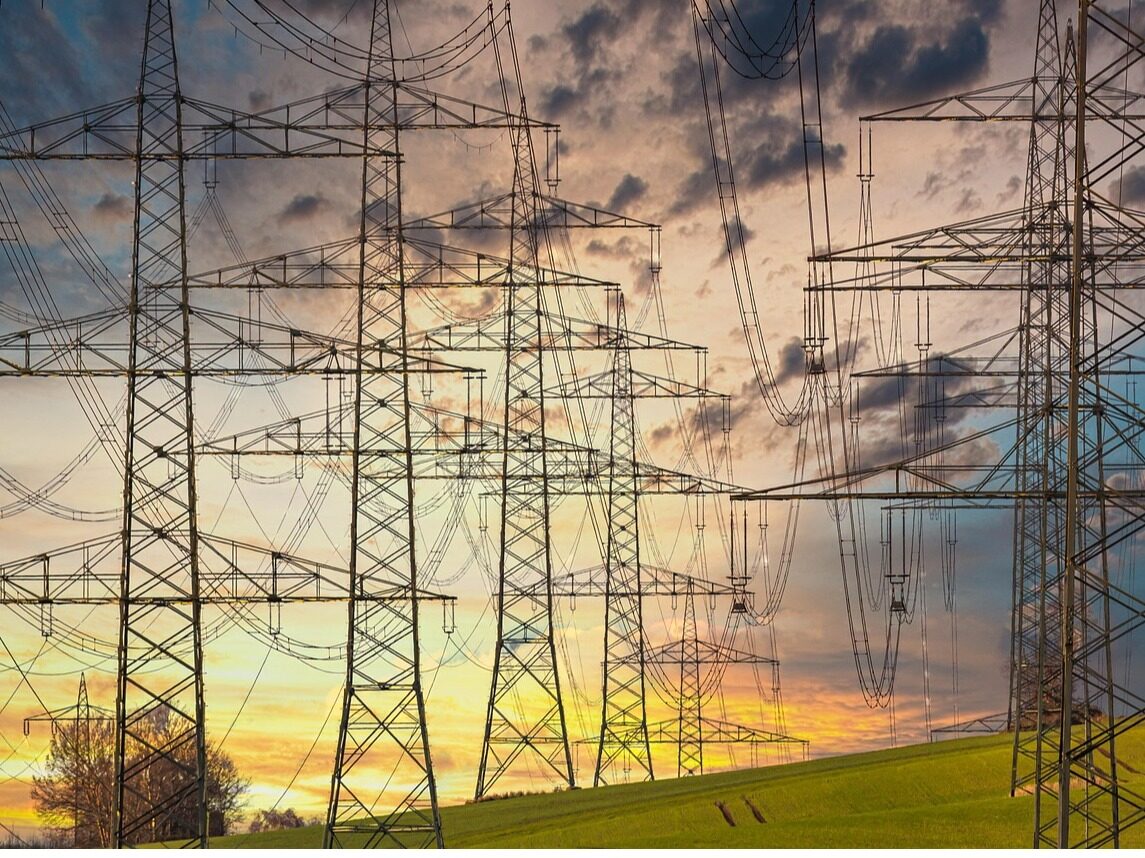










Write something~